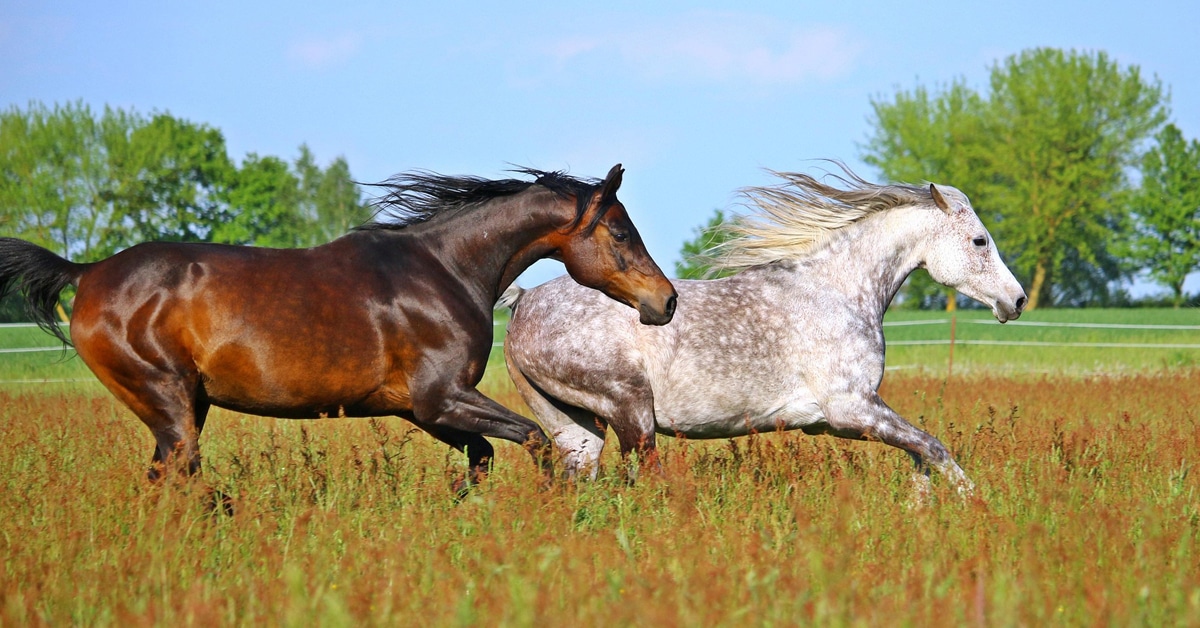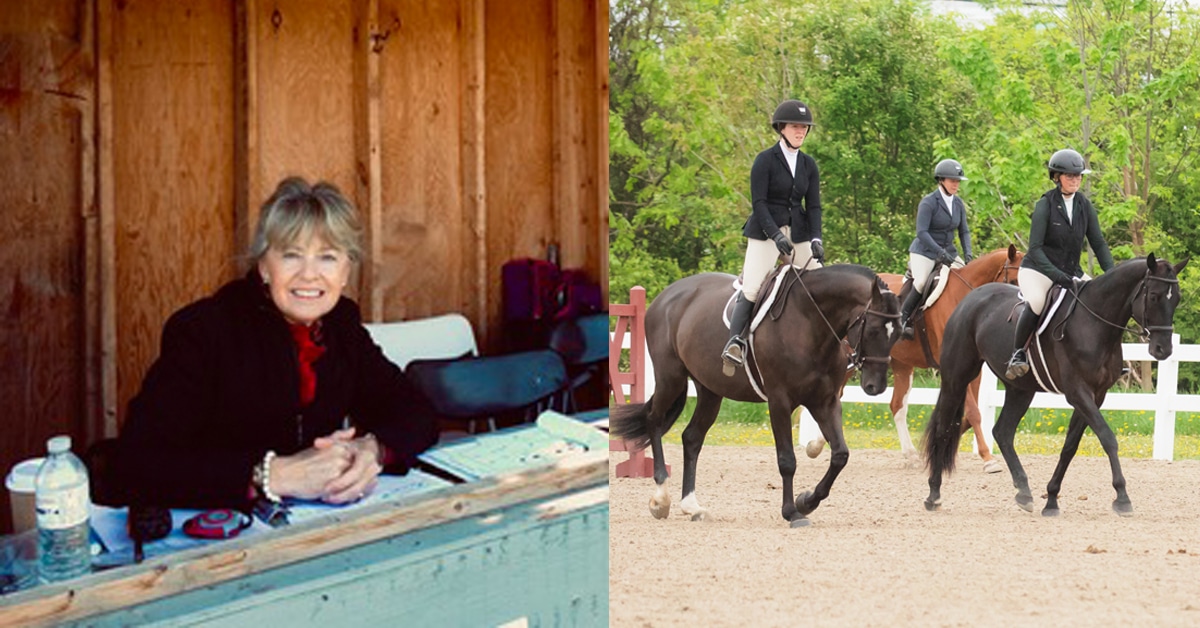Who am I?
That’s the question we all ask ourselves at one point, or multiple points, in our lives. To be honest, at that time in my life when I was 12, I didn’t know who I was or who I was supposed to be. My biggest nightmare was being called upon by the teachers to read in class. I was ashamed and constantly thinking about why school was so hard for me and not for others. I thought it was all my fault ‒ what’s the point of even trying? I should just give up at this point, I don’t care anymore, I’m so stupid. I worked hard and yet got no positive outcomes.
This is when my parents sought professional support and I was diagnosed in grade 6 with dyslexia, dysgraphia, and dyscalculia (see definitions below). I was grateful for answers to finally understand that I wasn’t stupid, I was actually very smart. We realized how important it was for me to have success outside of school, so my journey with horses began.
It all started with part-boarding a horse, and my first trainer helped me look at trouble differently. Just because something didn’t feel right or look pretty didn’t mean it was incorrect, because you learned something. In addition, she went slowly and took the time to explain the visual details and that allowed me the chance to feel it when I rode.
I have always been a visual learner, needing to feel it to understand it. For example, when I was struggling to sit the canter, she put me on a lunge line and took the steering away so I could focus on feeling the canter. The next day I had it.
Another reason I believe I excelled with horses was because I could have a relationship with them, and it was never just me. In school I often felt alone; with my horse, I was never alone no matter what and had built a partnership filled with trust and love.
During this time, I transitioned to homeschooling and then online as the traditional school was not able to meet my learning needs. With this new format, I was able to catch up with my learning and spend more time with horses. Horses eased my anxiety and showed me what success felt like. Riding came much easier for me; I had a couple of challenges with easy solutions, for example I could never comprehend ‘inside’ or ‘outside’ rein. It took me forever to think of which was which. When my coaches realized my troubles, they made a change for me by simply calling them ‘left’ and ‘right’. They always supported me and adapted to my needs.
One moment that matters to me, and I think about all the time, is when my coach said to me “I don’t see any dyslexia.” It made me realize that in the horse’s world, my differences and how my brain worked were celebrated. I needed to know my dyslexia didn’t have to be a burden, but can be a strength. Horses were my saving grace in so many ways, one of which was I learned life skills of looking at things from a different perspective to solve a problem. At one horse show, I was struggling to understand what my coach was asking me to do down a line. That is when another competitor took me aside and asked me to watch my trainer and how she would sit up in the line to adjust her horses’ stride. I was able to visualize it and was able to apply it to my next round. I went to the ring and performed my ride perfectly with a flawless round. I love how the horse community supports and encourages each other!
I am now 17 and have been competing for about two years with a new young horse. In this short time, I have achieved success, earning the Manitoba Hunter Jumper Assoc. (MHJA) equitation A champion, the MHJA Sportsmanship Award for a junior who exemplifies the ideals of fair play and integrity, The True North Equitation medal, and most recently the recipient of the 2023 EC Jumping Youth Bursary.
I am continuing my success outside of horses by sharing my story of my dyslexic journey. I have had the opportunity to speak at multiple high schools in front of 150 educators and will be speaking to the Society of Pediatrics in March, as well as the Manitoba Teachers Society Professional Developmental Day in May. I am so grateful to be the voice for all the young people out there who feel alone or ‘not enough’ to understand that with hard work you can achieve anything.
***
Dyslexia: difficulties learning to read and spell.
Dysgraphia: Extreme difficulty or avoidance in getting thoughts down on paper, with poor or illegible handwriting.
Dyscalculia: A numeracy equivalent of dyslexia involving extreme difficulties with numbers, calculations and numerical reasoning.
The Latest










